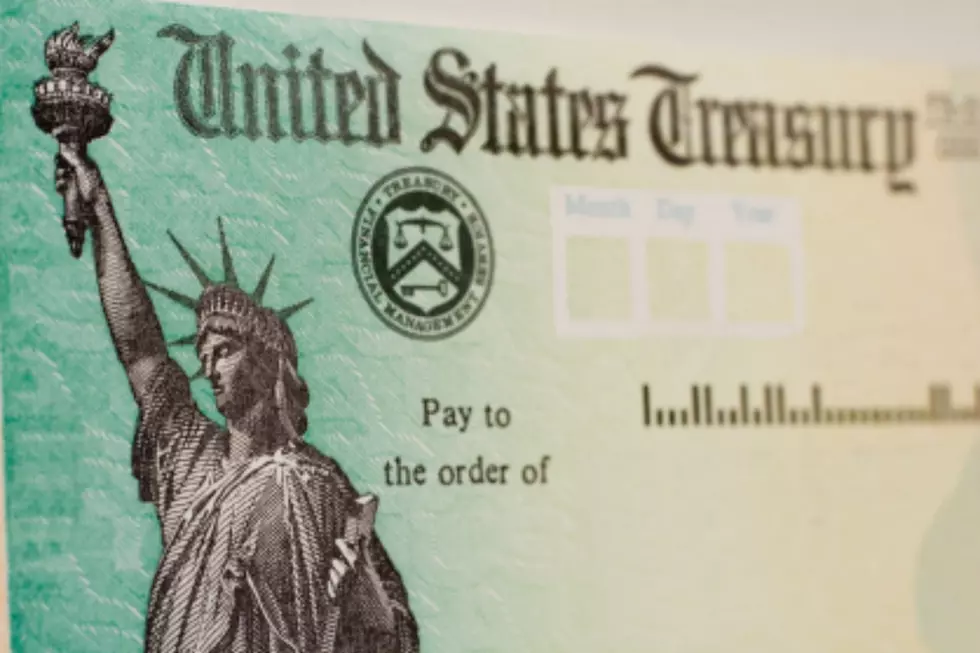
How to Sanitize Smartphones (They Probably Won’t Give You the Coronavirus)
In the wake of the novel coronavirus, people are not only social-distancing, they are busy deep-cleaning homes, businesses and schools.
But don't forget your smartphone.
Rutgers University professor Donald Schaffner said while there are studies that show bacteria and viruses can exist on phones, the good news is that these microorganisms are not really harmful most of the time.
While it's certainly possible to get coronavirus on a smartphone, Schaffner said it's unlikely someone would get sick from that.
Viruses can't live outside a host, so all it's doing on the phone is dying, he said. Bacteria can live outside a host but there's probably not enough food or water on the phone to support the growth of bacteria, he added.
To viruses and bacteria, touchscreens are barren deserts. Microbes on a phone will die within hours or days. Dry conditions such as touching a dry phone with a dry finger will transfer to far fewer microorganisms.
That said, if people are worried and it makes them feel better to sanitize their phones, feel free to clean them but do it right, he said. Normally, smartphone manufacturers would not recommend cleaning phones with anything but a small amount of water. But with the coronavirus scare, there are other suggestions.
One possibility would be to use ethanol or isopropyl alcohol and do that with a concentration of 70%. Don't apply too much because the other 30% of the concoction is water. Applying too much water could damage the phone.
People can also use cleaning wipes with gentle quaternary ammonium-based compounds.
Schaffner said the virus is more likely to spread from coughs or sneezes, which is why it's important to avoid people and wash your hands.
He said soap is excellent at removing microorganisms from hands and sanitizer inactivates most microorganisms, including coronavirus.
More From 94.9 WHOM









